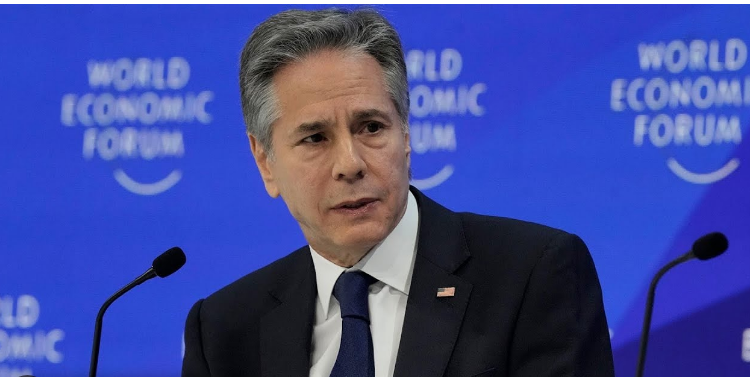At a recent global forum, U.S. Secretary of State Antony Blinken faced challenging questions over the devastating death toll in Gaza, underscoring the complex intersection of diplomacy, humanitarian concerns, and geopolitical strategy. The situation in Gaza, marked by wrenching suffering and the loss of innocent lives, has brought to the forefront the question of effective governance and the role of international diplomacy in conflict resolution.
Blinken’s Heartfelt Acknowledgment
In his response, Secretary Blinken acknowledged the harrowing reality faced by the people of Gaza, expressing his personal heartbreak over the suffering of innocent men, women, and children. His empathetic stance reflects a humanizing approach to foreign policy, a departure from purely strategic considerations. However, acknowledgment alone does not solve the crisis, and the question remains about actionable steps to alleviate the situation.
The Governance Conundrum
The crux of Blinken’s argument centered on the need for a governance structure in Gaza that not only resonates with the desires and needs of the Palestinian people but also operates within a ‘permissive environment’. This concept emphasizes the importance of support from Israel, highlighting the role of Israeli cooperation in the effectiveness of any governance model in the Palestinian territories.
Israeli Opposition and Its Implications
Blinken pointed out that even the most efficient Palestinian Authority would struggle under active Israeli opposition. This statement underlines the significant influence of Israeli policies on the situation in Gaza and the broader Palestinian-Israeli conflict. The dynamics between the governing authority in Gaza, the Israeli government, and the international community are complex, with each party’s actions significantly impacting the lives of Gazans.
International Diplomacy and Humanitarian Concerns
The dialogue at the global forum highlighted the critical role of international diplomacy in addressing the Gaza crisis. The United States, as a key player in Middle Eastern politics, bears a significant responsibility in mediating and facilitating constructive dialogue between Israel and Palestinian authorities. The challenge lies in balancing geopolitical interests with urgent humanitarian needs.
The Path Forward – Seeking Solutions in a Fragmented Landscape
The path forward in Gaza is fraught with challenges. Establishing effective governance, ensuring Israeli cooperation, and addressing the humanitarian crisis requires a multifaceted approach. The international community, led by influential nations like the United States, must navigate a fragmented political landscape to find sustainable solutions that prioritize human rights and dignity.
A Call for Action Beyond Rhetoric
Read More:
- New details for California Forever development in Solano County
- A Comprehensive Guide to the 2024 Stimulus Checks For Empowering Florida Seniors
- New York Couple’s Fertility Clinic Ordeal Ends in Settlement Over Embryo Mix-up
Secretary Blinken’s response at the global forum, while empathetic, underscores the need for action beyond rhetoric. The situation in Gaza calls for an urgent and concerted effort from the international community, particularly from countries with significant influence in the region. As the world watches, the actions (or inactions) taken in response to the Gaza tragedy will have lasting implications for peace, stability, and humanitarian justice in the region.

